Exploring Management Theory and Practice: Contingency Approach
VerifiedAdded on 2023/06/12
|40
|3044
|373
Essay
AI Summary
This essay provides an in-depth analysis of management theory and practice, focusing primarily on contingency theory. It begins by introducing the importance of management and organization in various contexts, highlighting the necessity of applying relevant knowledge and expertise. The essay discusses how management theories are developed through observation and experimentation, but also acknowledges their limitations due to generalization. It emphasizes the contingency theory's flexibility in adapting management frameworks to different situations, particularly in convenience stores, where internal and external environments vary. The research approach used is interpretivism, which values subjective interpretation. The essay reviews classical, neoclassical, and institutional management theories, contrasting them with the contingency theory's situational approach. It presents evidence gathered through interviews, demonstrating how management styles in the stores adapt to different factors such as hierarchy, employee skills, and work environment. The analysis underscores the adaptability of management to optimize outcomes and motivate workers, concluding that effective management involves tailoring approaches to specific situations. Desklib offers students access to this essay and many other resources to aid in their academic studies.
1 out of 40

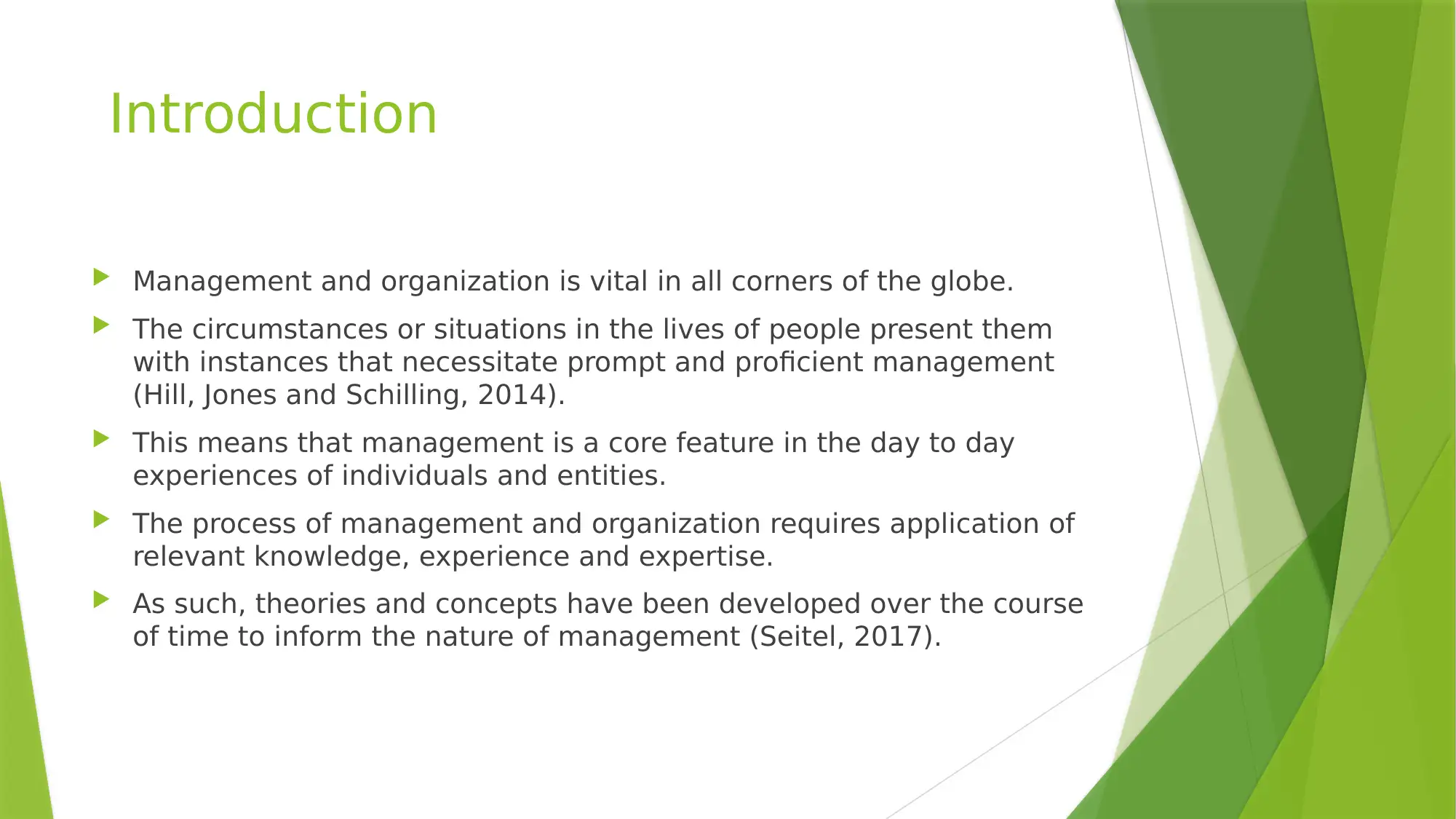
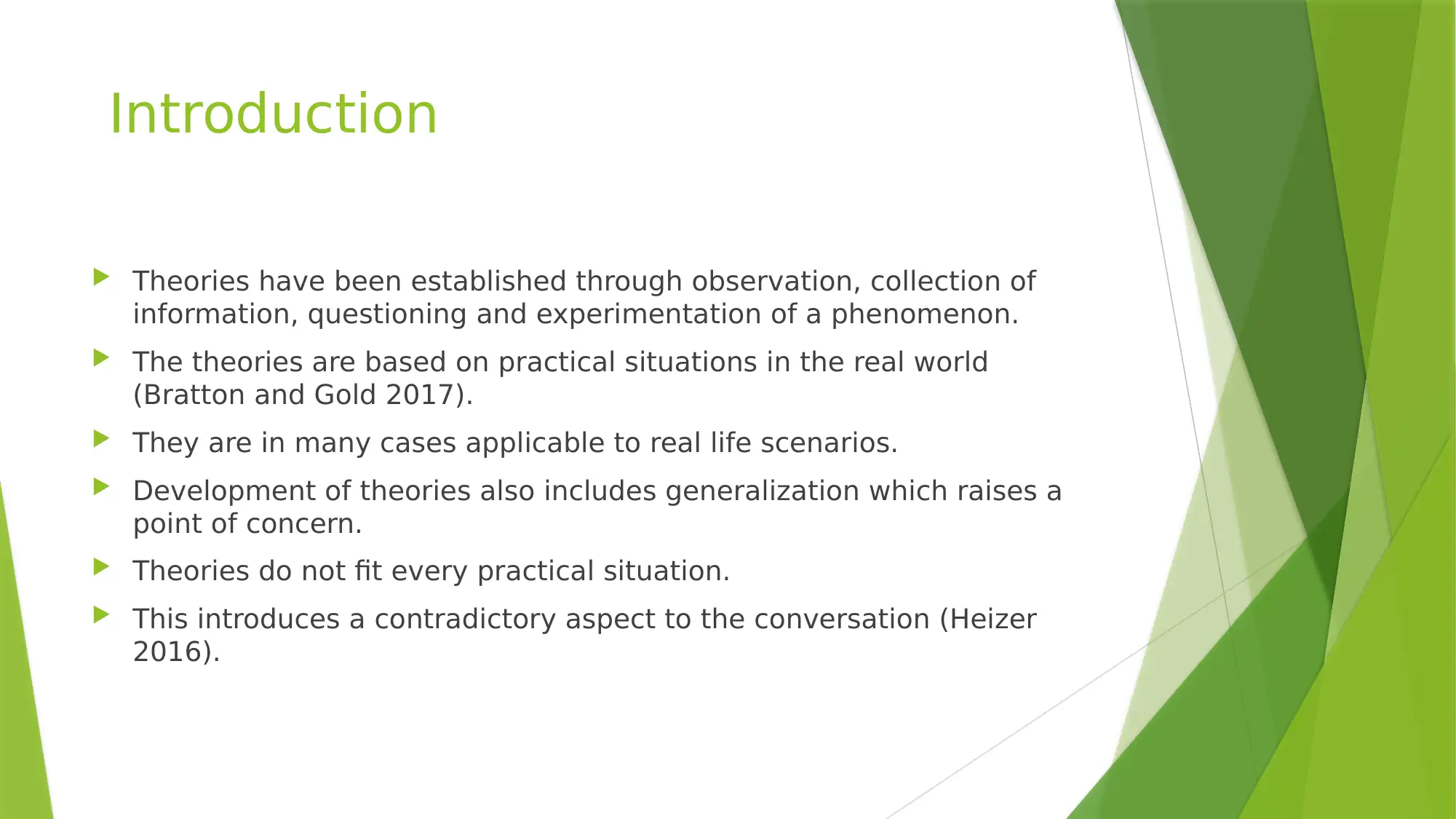

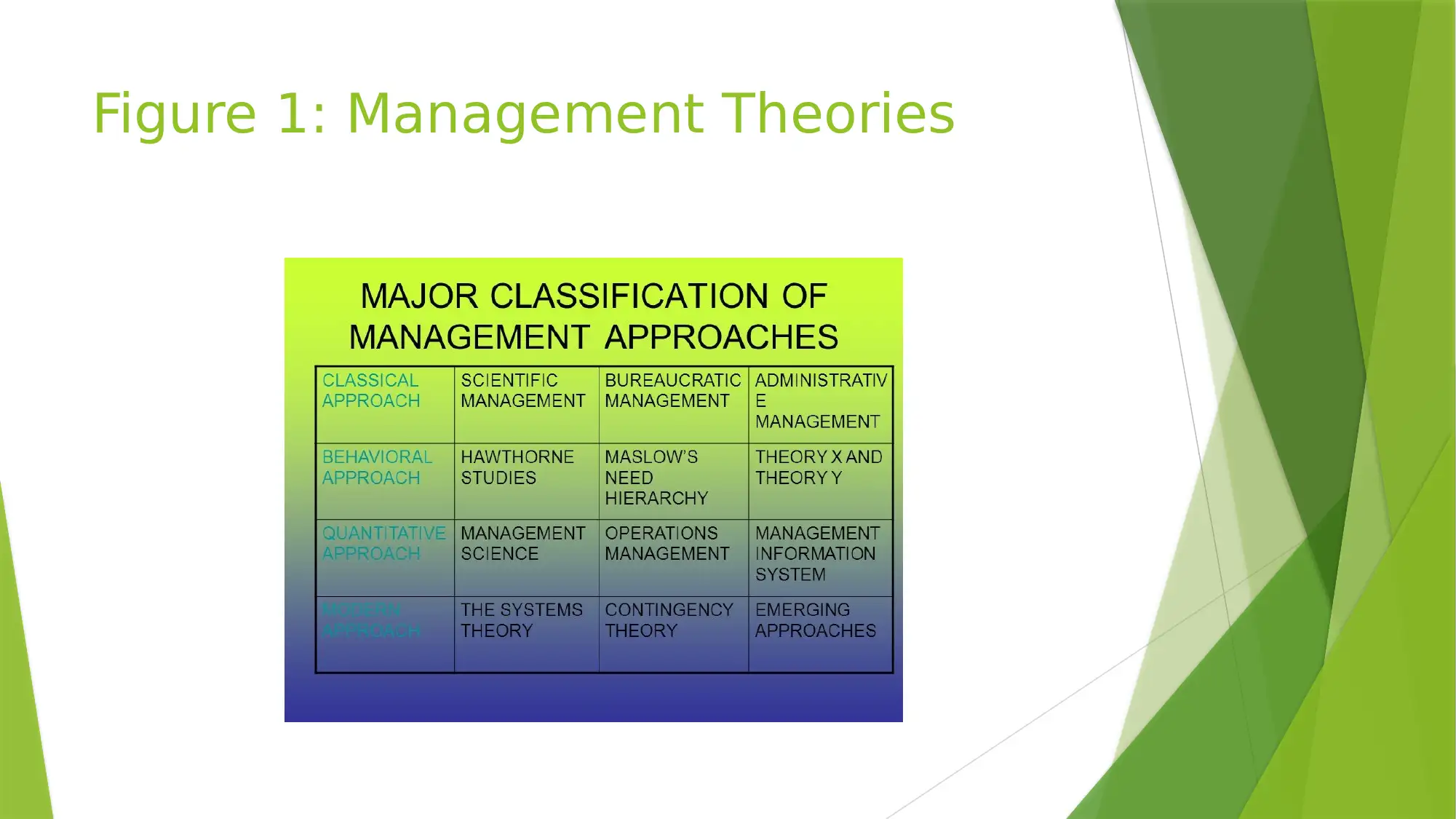
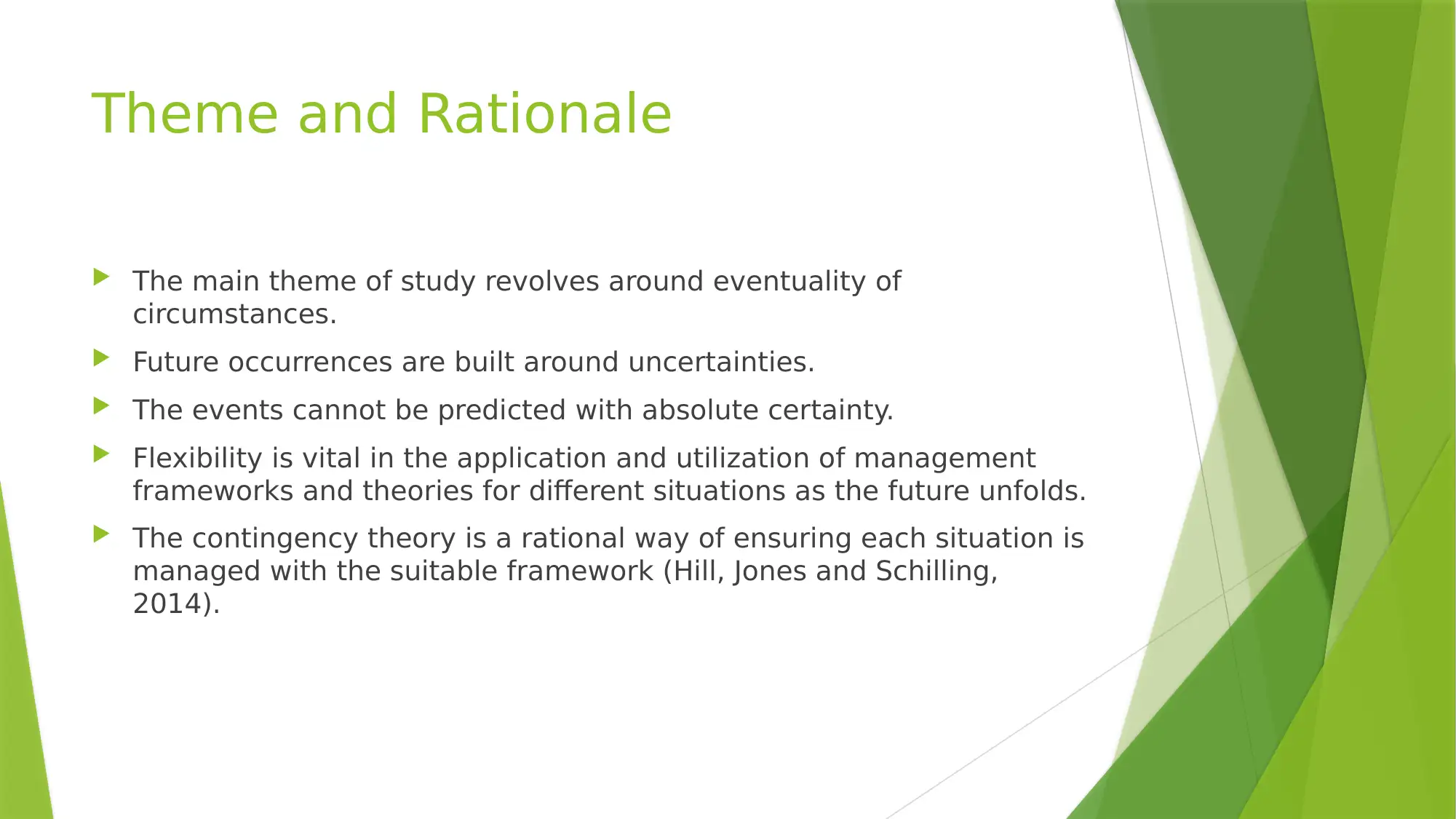
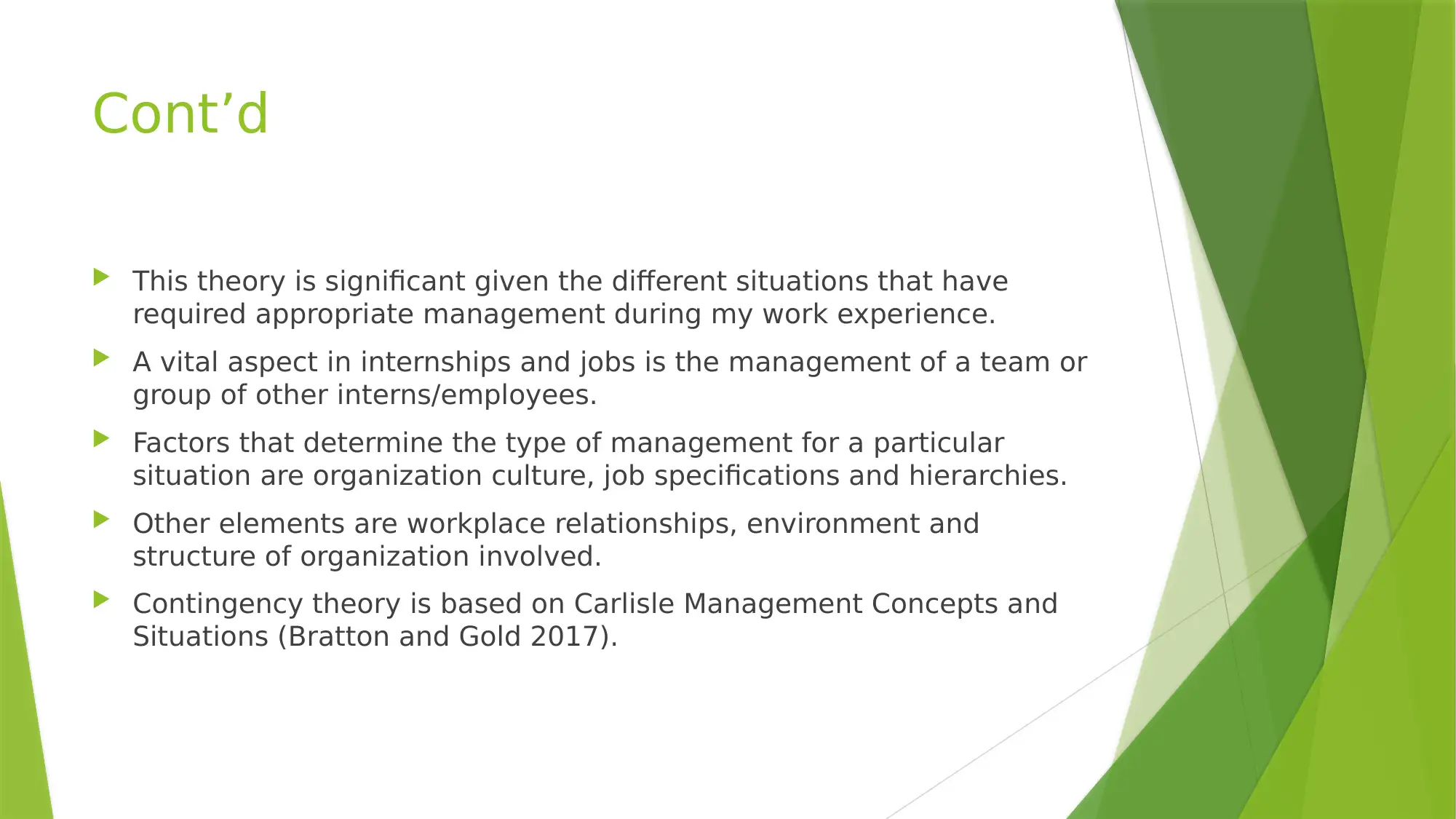
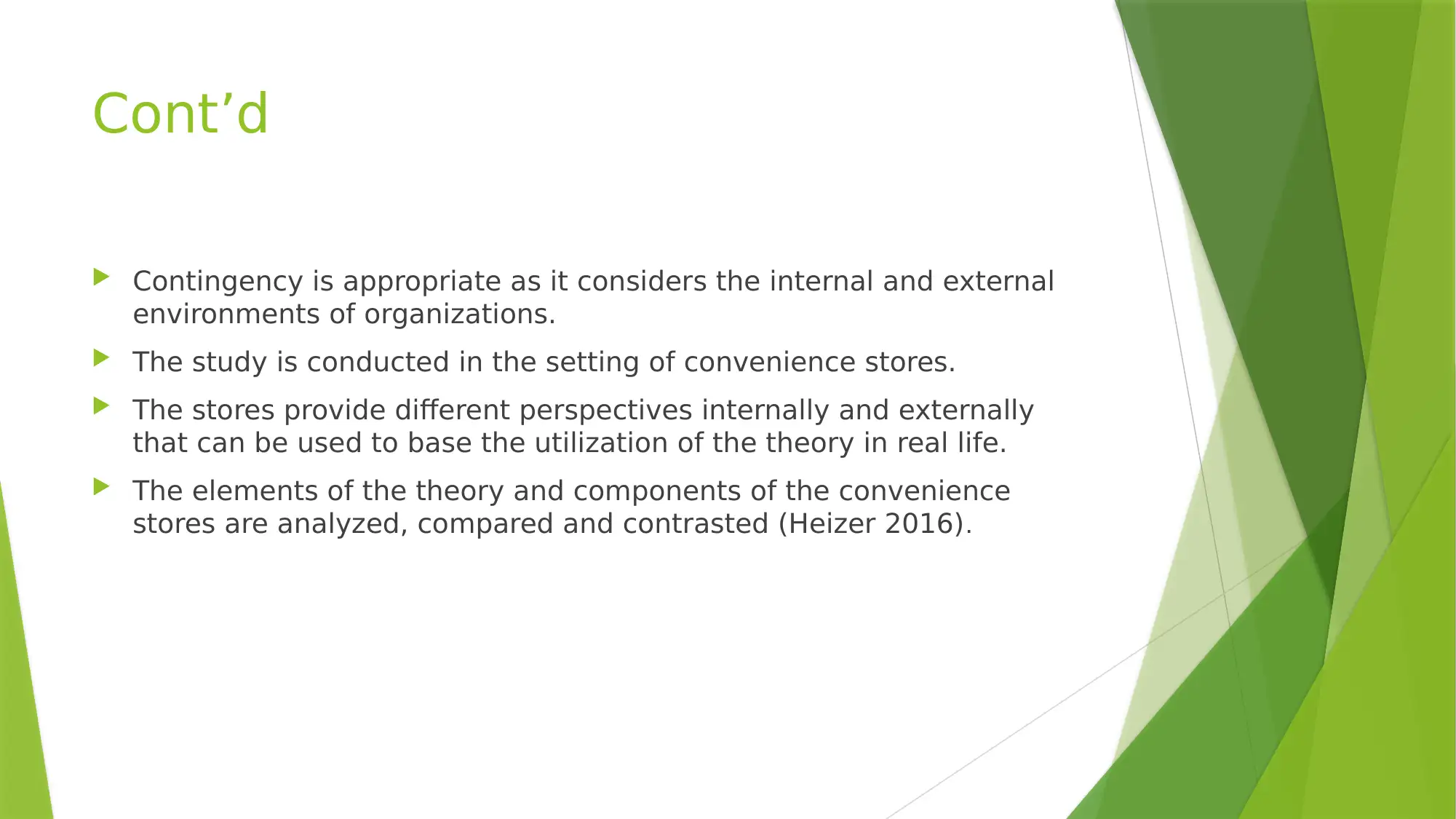
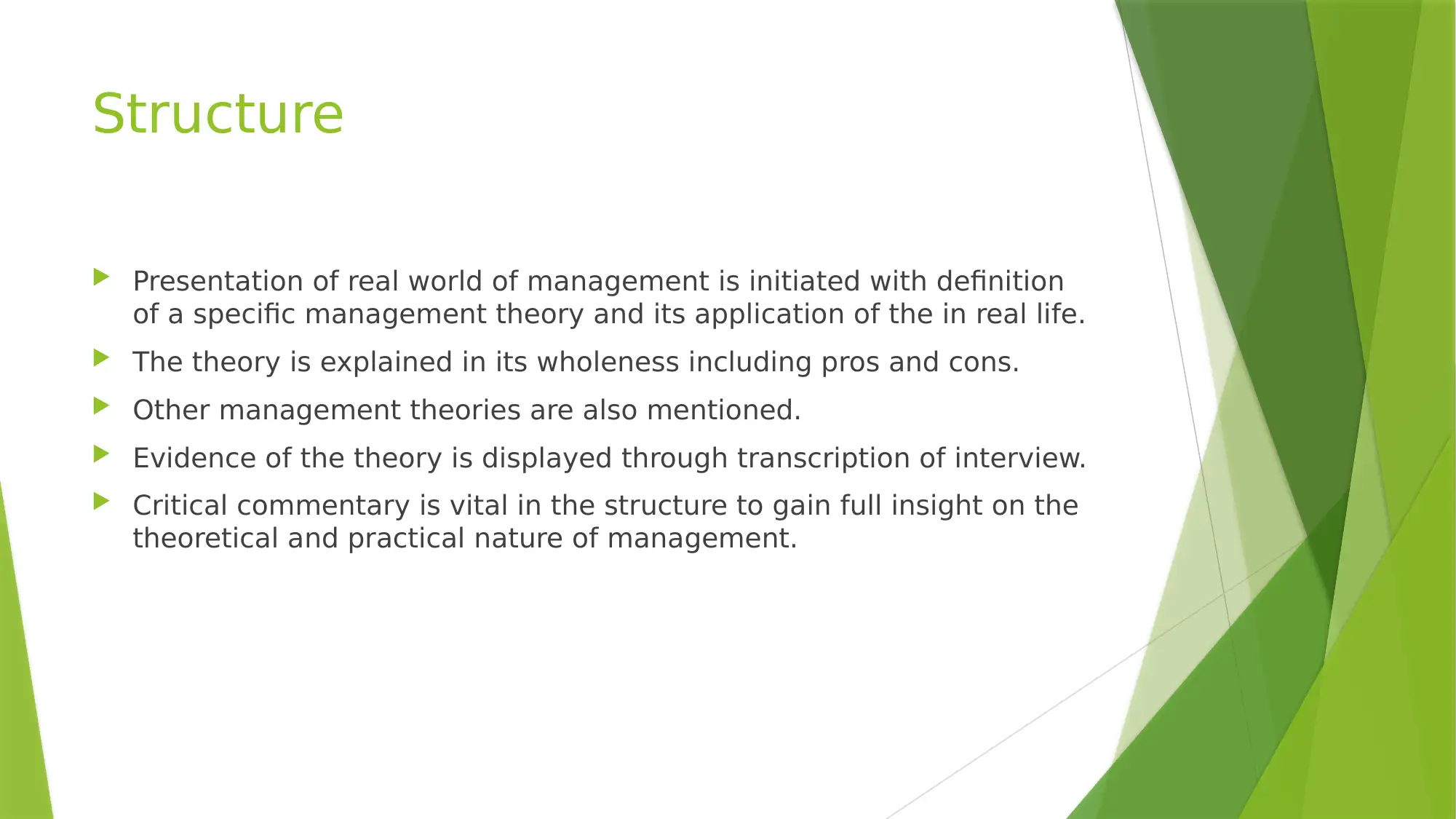
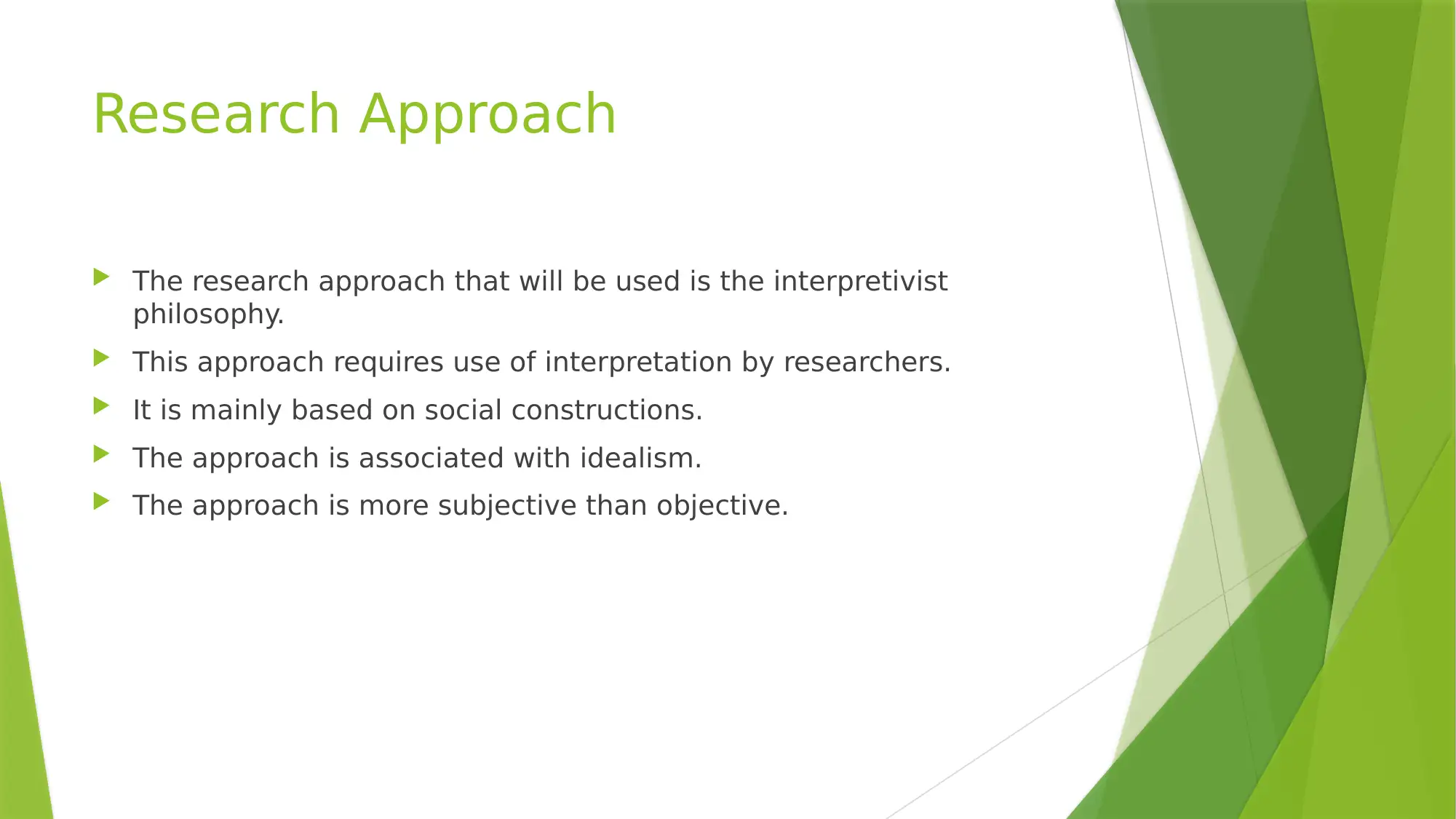
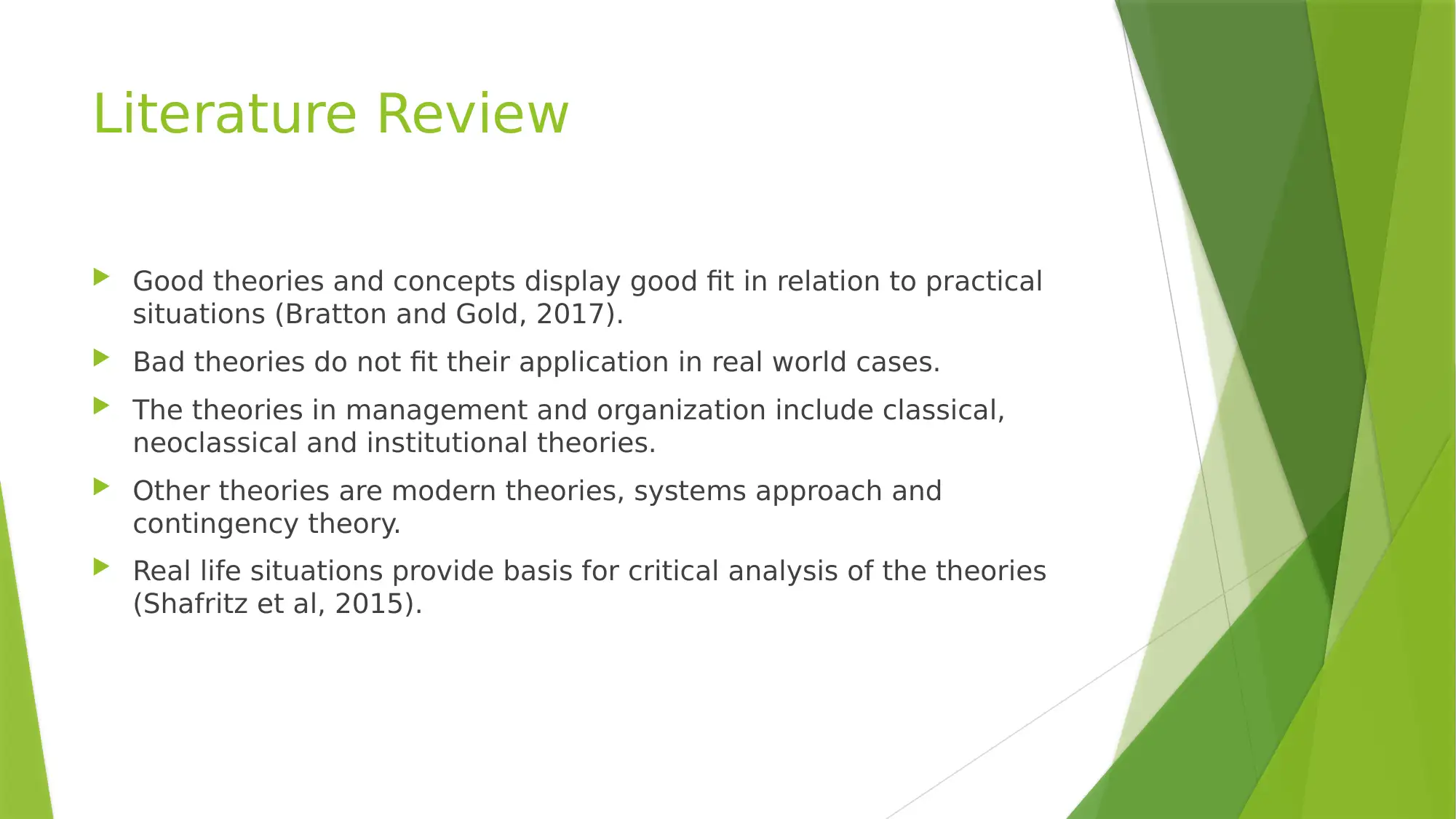
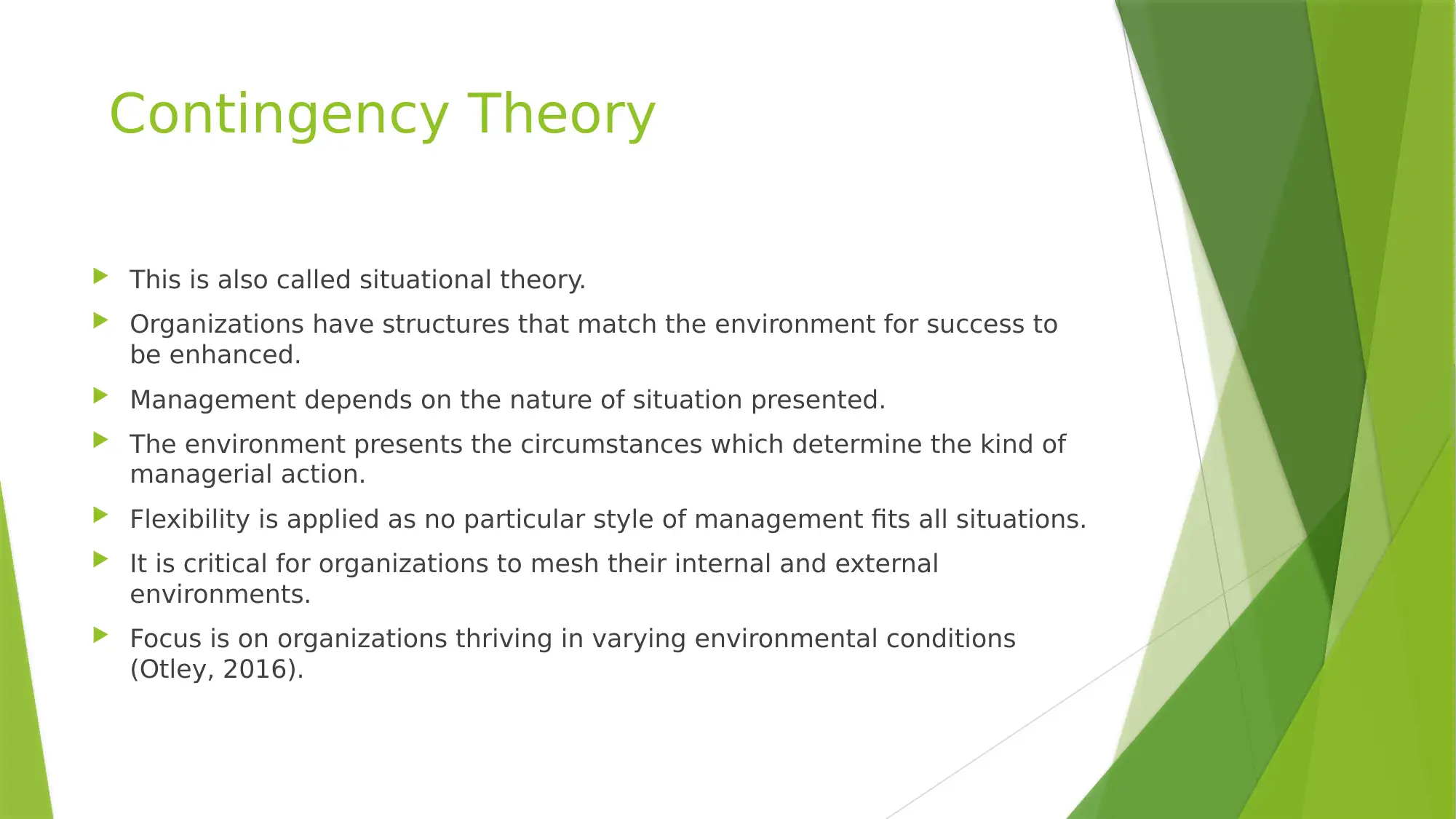
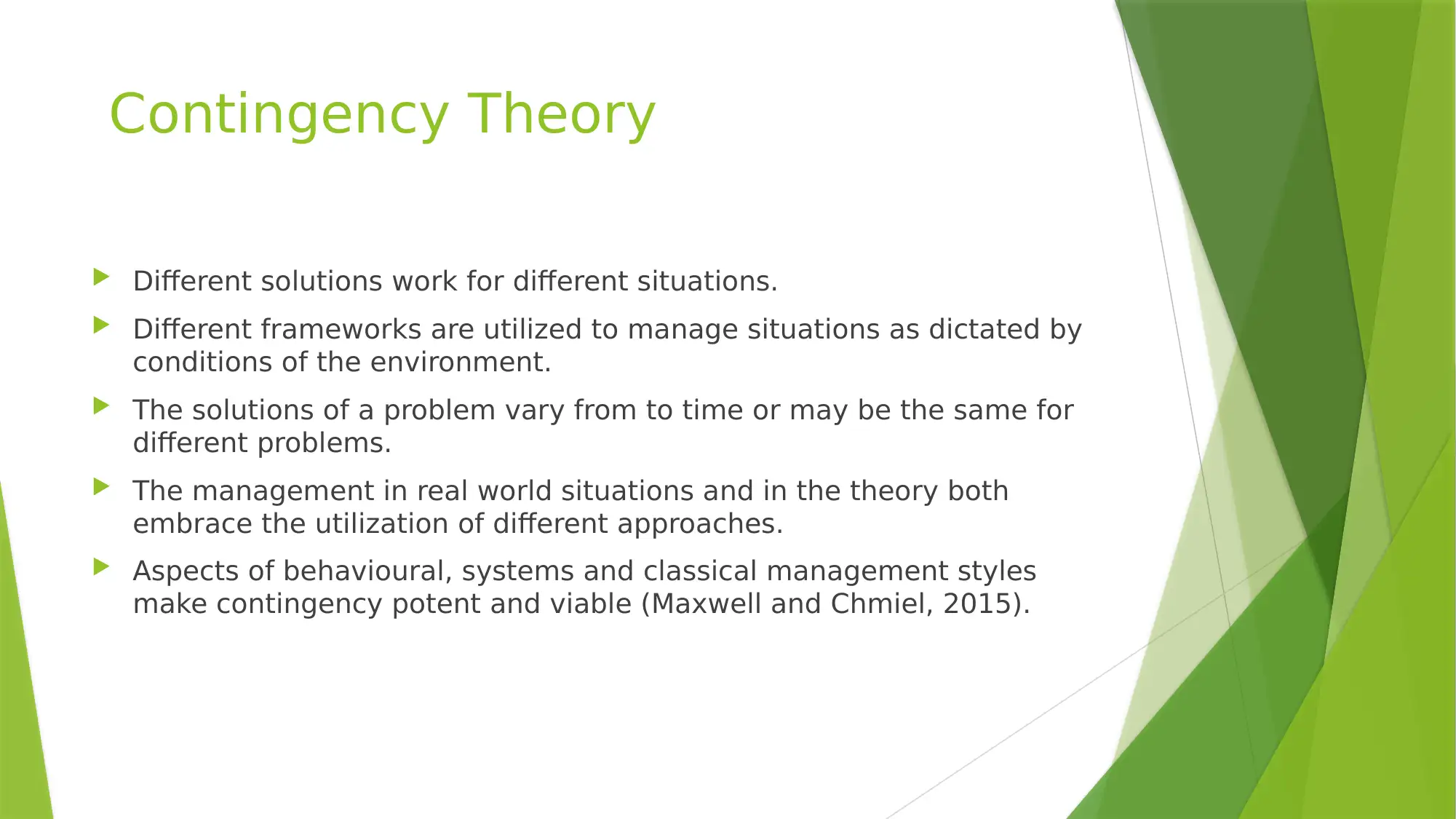





![[object Object]](/_next/static/media/star-bottom.7253800d.svg)